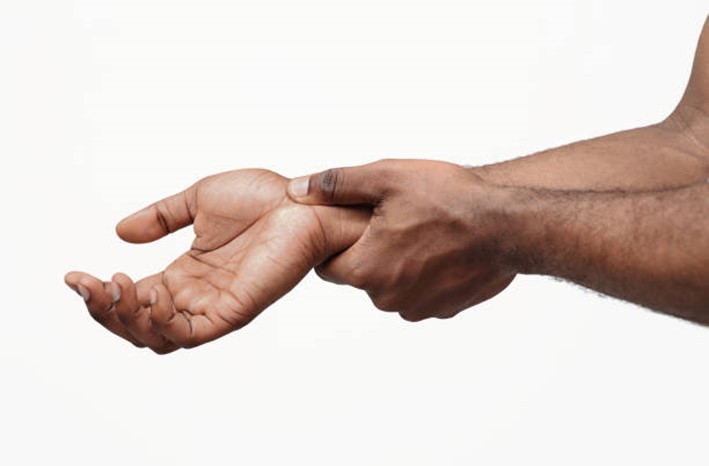
WRIST PAIN
- 2024-07-26 01:09:13

Did you know low back problems can cause Erectile Dysfunction?
Erectile dysfunction (impotence) is the inability to get and keep an erection firm enough for sex, this is usually caused by disrupted, slowed or hindered blood flow or nerve to the pelvic area.
Symptoms
Several causes of low back pain that can cause ED (erectile dysfunction) include:
Tight hip flexors: Hip flexors are muscles that run from your low back spine through your groin and into your hip; this muscles are responsible for bending your hips and legs towards your chest, for example when you are sitting or going up the stairs, they also help to move your leg forward when you walk or run. Tightness of this muscle can cause compression in your groin area which can lead to reduced blood flow and nerve irritation or disruption to the pelvic area hence leading to ED.
Tight Piriformis: The piriformis muscle originates from the lowest part of the spine (sacral region) and passes through the greater sciatic foramen to attach to the hip bone. By the virtue of its origin and course, Piriformis spasm or tension can irritate/compress/impinge on your Pudendal nerve which is responsible for sexual function (penile and clitoral erection).
Herniated disc: A herniated disk refers to a pushing out of the rubbery cushions (disks) that sit between the bones (vertebrae) that stack to make your spine. This can lead to pudendal nerve compression hence leading to ED.
Diagnosis
A physiotherapist will perform a series of test to confirm or rule out the above.
An MRI should be done to rule out the same.
Treatment
Prevention